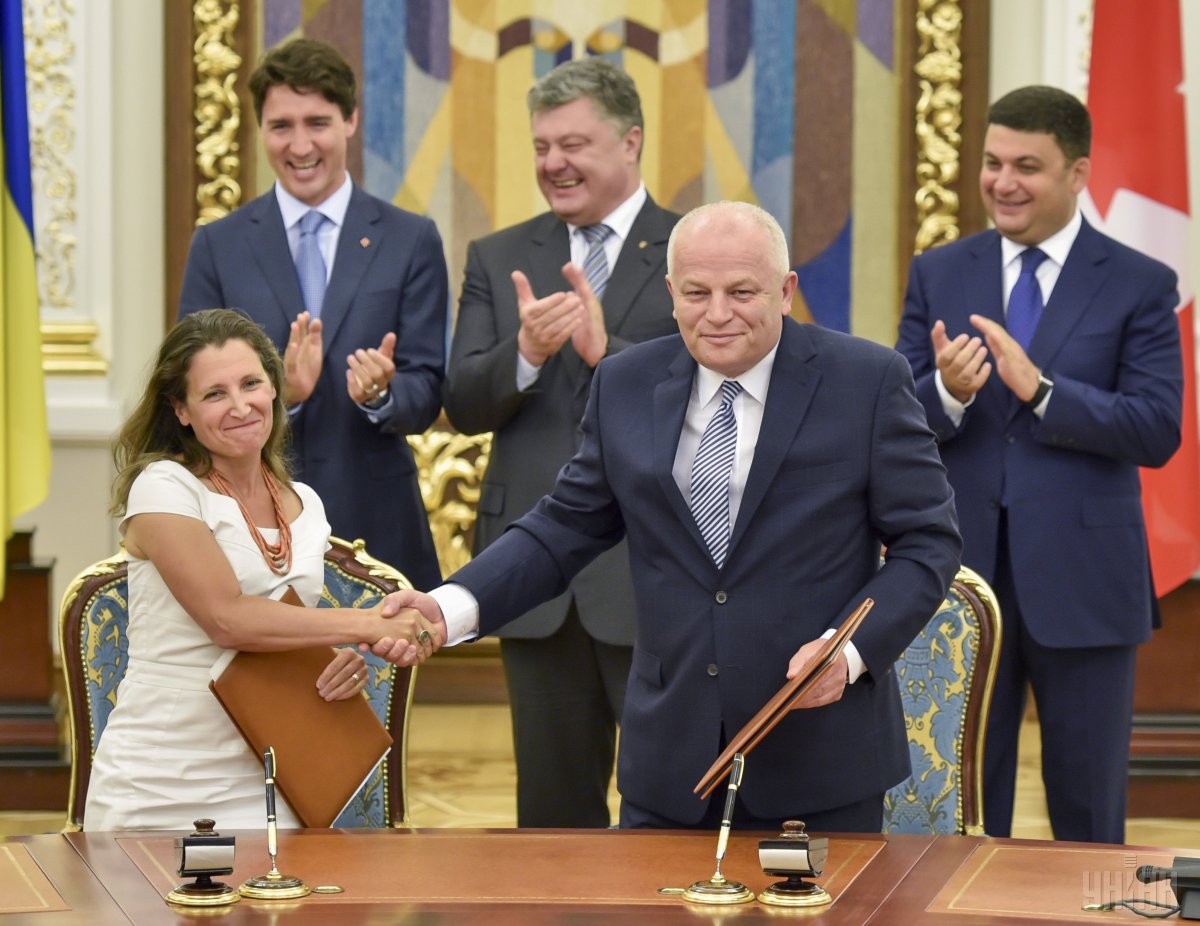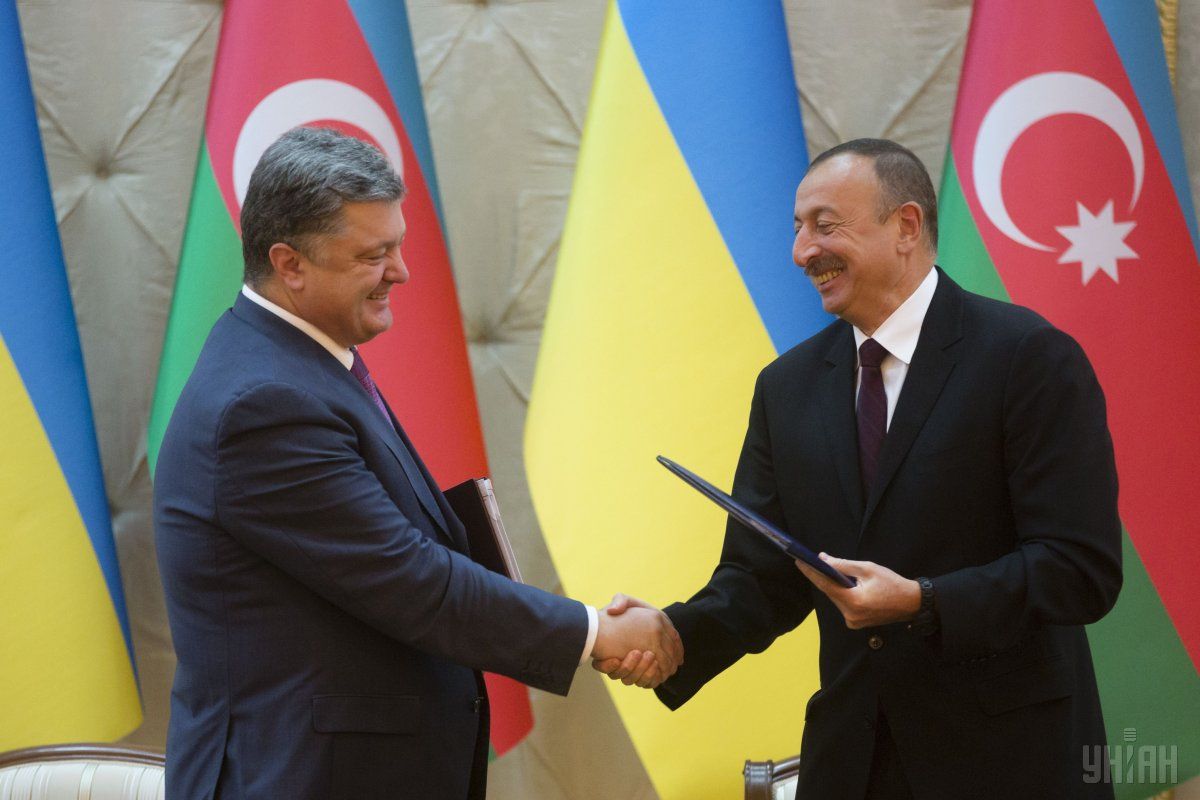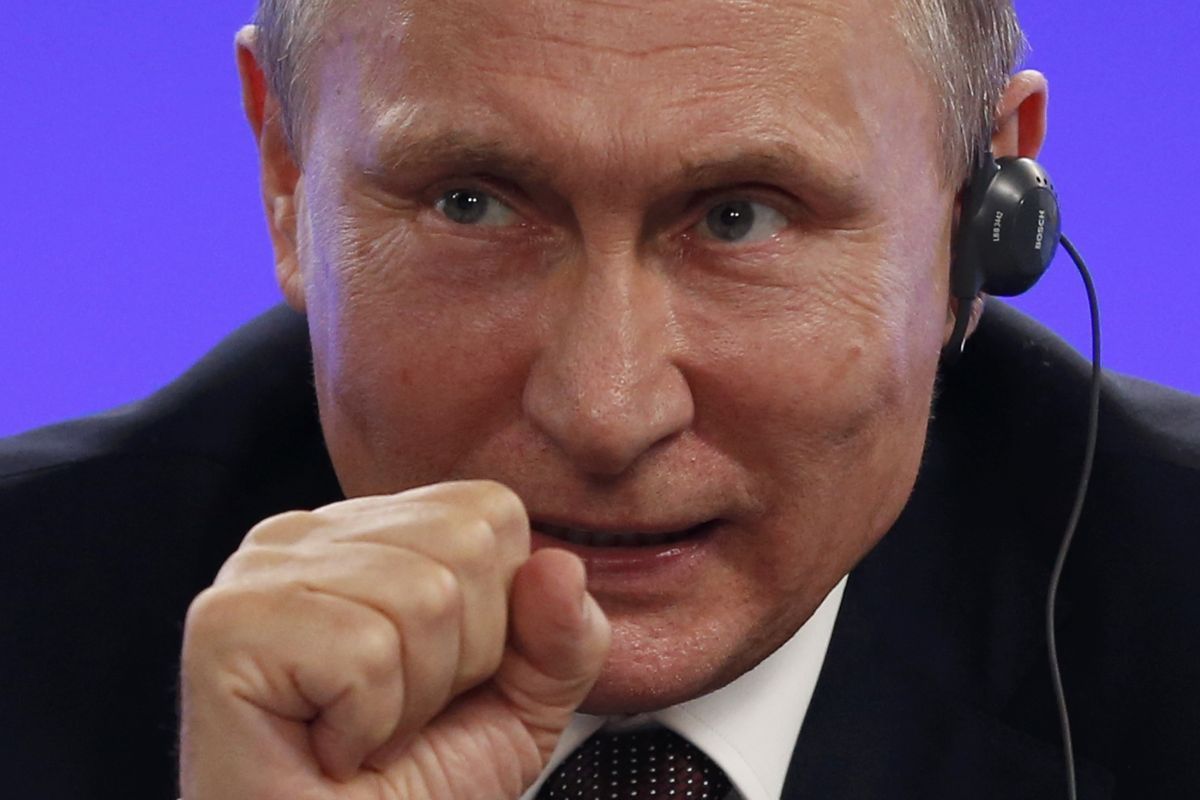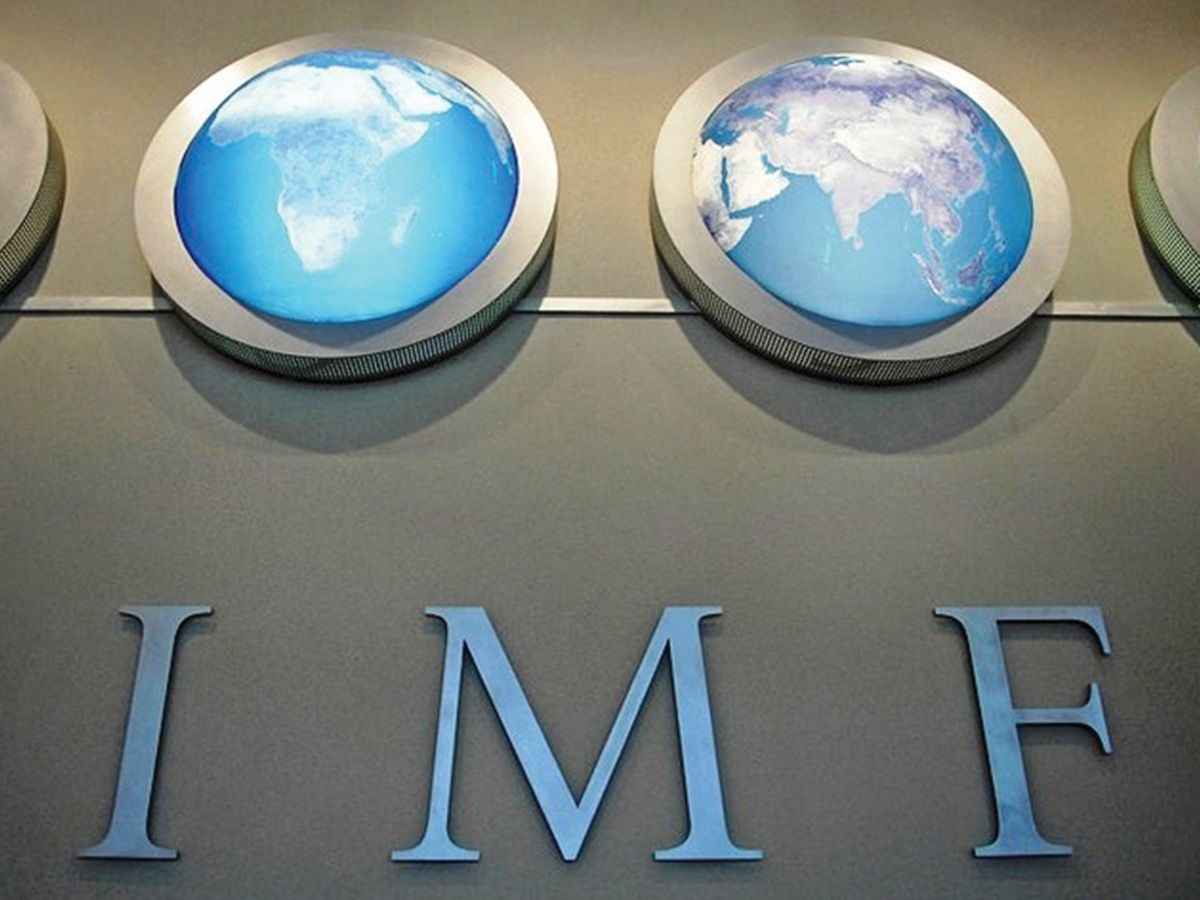
Week’s balance: helping hand from Canada, response to aggressive Russia, and pipeline revival
Ukraine and Canada have signed a free trade agreement, the Government extended the embargo against Russian goods and completed the talks with the IMF, the farmers entered into an active phase of harvesting, promising to be close to a record-breaker – these are the main economic news of the past week.
The main economic news of the past week was the signing of a strategic agreement between Ukraine and Canada on a free trade area. The negotiations with Ukraine-friendly Canada, which is the host to the world’s third largest Ukrainian diaspora (1.2 million people), began back in 2009.
The first few years of talks between the two countries were pretty sluggish and significant progress has only been made after the Revolution of Dignity. Finally, on July 11, the signatures of Canadian Minister of International Trade Chrystia Freeland, who has Ukrainian roots, by the way, and Ukraine’s Minister of Economic Development and Trade Stepan Kubiv have sealed the deal.
A grand scale signing ceremony was attended by the two state leaders.

Commenting on the signing of the agreement, President Petro Poroshenko said that Canada has been and remains a reliable partner of Ukraine in this difficult time. "I want to thank the whole Canadian nation. You've been together with us. We have taken a big step forward today - we have signed the Free Trade Agreement. That is the obligation to lift 99% of customs duties on mutual trade within seven years. The Canada-Ukraine Free Trade Agreement offers new opportunities for both nations. We will continue negotiations to expand the scope of the agreement," Poroshenko said.
Canadian Prime Minister Justin Trudeau, who also attended the signing ceremony in Kyiv, described the agreement as a new opportunity to strengthen cooperation between both countries.
"The agreement signing will allow us to substantially enhance mutual trade between the countries. The document will open new markets and new opportunities for citizens of both countries,” Trudeau said.
As for the agreement, it is more advantageous to Ukraine. In particular, our exporters will have access to 98% of the Canadian market with zero duties immediately after deal enters into force, while Ukraine will open only 72% of its market over the seven-year transitional period aimed to remove barriers in the rest of the market.
As for the actual results of the Ukrainian-Canadian economic cooperation to date, there is nothing to brag about. In January-April 2016, our exports to Canada fell by 21%, to $8.5 million. At the same time, the annual volume of bilateral trade from 2010-2014 averaged $280 million, of which imports of Canadian goods reached $214 million and Ukrainian exports amounted to $86 million.
For a country with annual imports worth $547 billion, such figures are miserable, we should admit.
Meanwhile, according to Ukraine’s Trade Representative Natalia Mykolska, the signing of the agreement will have no immediate effect, since its ratification by the parliaments of the two countries may take at least a year. She expects a tangible positive effect of the free trade area in three-five years. "According to the traditional Canadian practice, the ratification of such agreements takes a minimum of one year," said the trade envoy.
However, Rada Speaker Andriy Parubiy has vowed that the Ukrainian Parliament would not put ratification on the back shelf, noting that the agreement is vital for the country. " Photo from UNIAN I promise you that the Ukrainian parliament will ratify [this agreement] as soon as possible. It will be a very significant and important holiday for us," Parubiy said at a meeting with the Canadian premier.
In general, the Ukrainian politicians seem to be very encouraged that the deal has been inked. Among other things, they see it as a springboard for further expansion to the massive North American market, using Canada as a logistics hub for Ukrainian exports to the United States. A source in the Ukrainian government has told UNIAN that another FTA is expected to be signed, this time with the U.S.
Ukraine & Azerbaijan

President Poroshenko has moved on with another round of Ukraine’s foreign political activity by visiting Azerbaijan – another market so attractive for Ukraine. During the bilateral talks, Azerbaijani President Ilham Aliyev has said his country is interested in the revival of Ukrainian oil pipeline Odesa-Brody able to handle 14.5 million tonnes of oil per year, seeing it as one of the ways to supply Caspian oil to the European market. According to Aliyev, the triangle between the Caspian, Black and Baltic Seas has a great potential for energy cooperation.
In turn, President Poroshenko said that Ukraine is interested in other joint energy projects that provide Azerbaijani investors access to the Ukrainian fuel market. "We will do our best to facilitate this access," Poroshenko said.
Aliyev also said Azerbaijan was interested to cooperate with Ukraine in the field of aircraft construction. In particular, the parties have confirmed the previously declared intention to create a joint venture for the production of An-178 cargo aircraft designed by the Ukrainian state-owned Antonov. As the first stage, 10 such aircraft are to be produced for the Azerbaijani Silk Way Airlines. But in the long term, order volumes can grow significantly, since the Azerbaijani air carriers have a need to replace the outdated fleet of An-12 aircraft.
Ukrainian response to the aggressor

While Ukraine tries to break through into the foreign markets, strengthening economic ties with its partners, the scenario of relations with Putin’s Russia, which is waging war against Ukraine, is pretty much the same.
Last week, the Ukrainian government's resolution came into force to prolong the food embargo on Russian goods until the end of 2017.
This decision was a continuation of sanctions imposed late 2015 and was made in connection with the new trade restrictions by Russia, which uses all means available trying, including the seizure of the Ukrainian territory, to impede development of its young neighbor state.
One of the multiple fronts of Putin's war with Ukraine became the additional restrictive measures against Ukrainian transit of goods through the Russian territory. In particular, they provide for the extension of the product embargo on a number of Ukrainian goods, including food and industrial products, until December 31, 2017. They also stipulate restrictions on the transit of goods to Kazakhstan and Kyrgyzstan, a total ban on the transit of goods that fall under the embargo or those supposed to be taxed.
The past week has shown that the situation with the transit of Ukrainian products to third countries through the territory of the Russian Federation is coming further toward a dead-end, creating a new reality and challenges for the region. As of July 14, nearly 130 rail wagons with goods from Ukraine on route to Kazakhstan and Kyrgyzstan were stopped because of Russian restrictions on Ukrainian-Belarusian state border.
In this regard, Ukrzaliznytsia [Ukraine Railways] offered the carriers to transport goods via alternative routes bypassing Russia, in particular, along the route, which passes through the territory of Ukraine, Georgia, and Azerbaijan, and runs through the Black and Caspian Seas.
Ukraine’s European partners have supported Ukraine in its trade confrontation with neighboring tyranny. In particular, the European Commissioner for Enlargement and Neighbourhood Policy Johannes Hahn said in Kyiv that the European Union would do everything possible to get the Russian trade restrictions against Ukraine lifted, as they practically stopped the transit to Central Asia.
Hahn stressed that the countries of the EU’s Eastern Partnership would cooperate in order to ensure quality trading environment in the region and the abolition of all discriminatory barriers in the economic relations.
IMF getting closer every day

Ukraine’s prospects of getting another tranche from the country’s key creditor, the International Monetary Fund, became clearer.
Finance Minister Oleksandr Danylyuk has told reporters that Ukraine does not violate the timetable for the negotiations with the IMF and the final decision on the allocation of the tranche will be made before the end of this month.
"We have completed negotiations with the IMF... We are expecting the meeting of the Executive Board in July, as scheduled," said Danylyuk.
He added that Ukraine actually failed to fulfill certain tasks. In particular, the Parliament, too busy with political confrontation and populism attacks from a number of MPs, has not adopted the bills regarding the appeals against the rulings on tax debts, the operations of authorized economic operators, and others.
Meanwhile, the IMF did not share Danylyuk’s 100% confidence that the decision on the Ukrainian issue would be made until the end of July and admitted that the program’s review may take place after the summer holidays of the Fund's management.
The IMF’s spokesman Gerry Rice also said that several tranches would not be merged into one.
By the way, a technical mission of the IMF’s fiscal department began its work in Kyiv last week. Its objective is to assess the reform of the State Fiscal Service and provide practical recommendations on improvement of tax authorities.
Commenting on the work of the expert group, Danylyuk said: "We have presented our plan for the SFS reform and our priorities. It’s time to translate this process into concrete actions and results that the businesses can feel."
The finance minister admitted that the structure of the SFS is "rotten to the core" and is now in need of deep reforms, systemic layoffs and personnel cuts.
Prime Minister Volodymyr Groysman has also spoken for the need of reforming the fiscal service.
According to Groysman, the Ministry of Finance should as soon as in July submit to the government's consideration a bill on the reform of tax administration, which, after approval by the Cabinet of Ministers will be tabled to the Verkhovna Rada.
The weather forecasts say that next week of July promises to let to people breathe in some fresh air amid the latest heat wave. Lower temperature and showers will of course please the Ukrainians, but they will also create additional difficulties for crop harvesting. According to Ukraine’s agrarian ministry, Ukrainian farmers July 12 harvested nearly 8 million tonnes of early grain with the average yield at 34.9 c / ha.
The U.S. Department of Agriculture (USDA) last week raised its forecast for Ukrainian grain yield to approximately 61.3 million tonnes, which is 2.5% more than in the June forecast (59.8 million tonnes).
Last year, Ukraine collected 60.1 million tonnes of grain and leguminous crops, which is 5.8% less than in the record-breaking 2014, which gave the country 64.8 million tons of grain.
Vladyslav Shvets (UNIAN)

